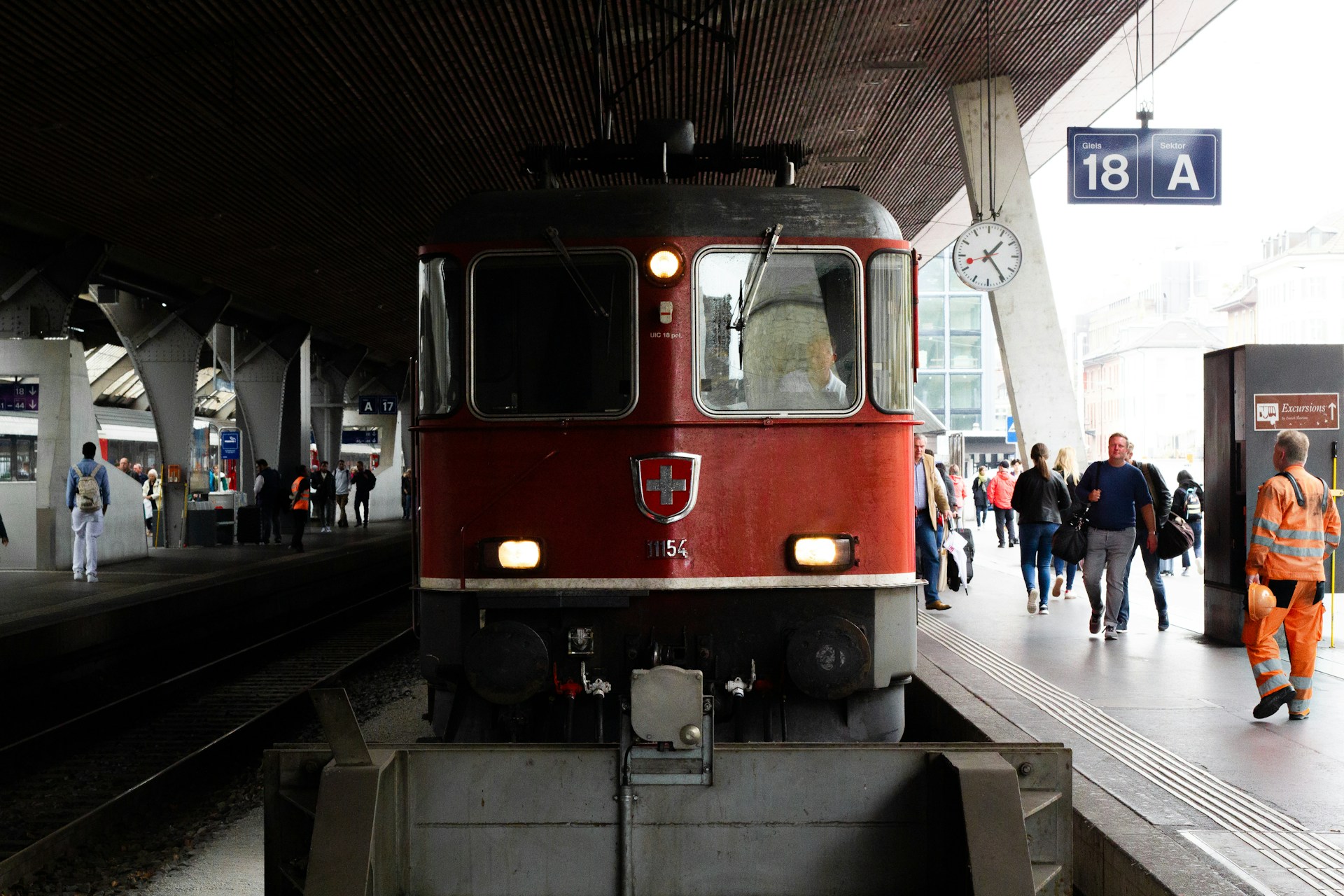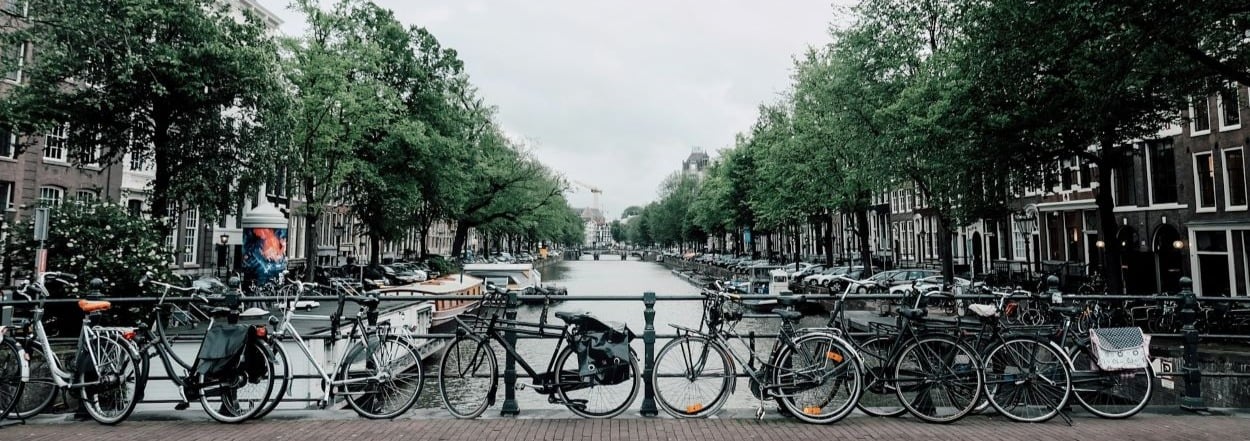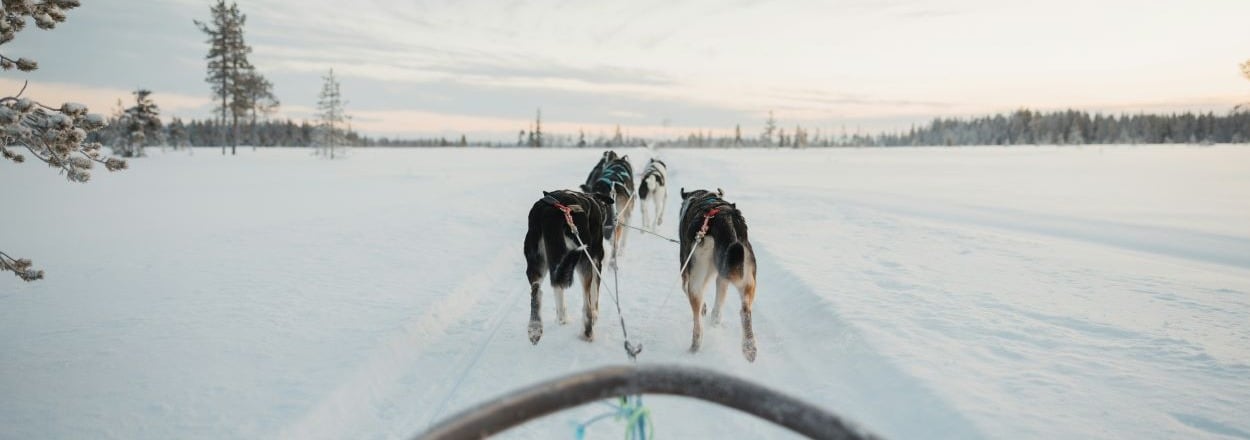Regardless of the time of year, the eclectic countries that make Europe special offer unique seasonal experiences that keep visitors coming back. From sailing down the Rhine and soaking in the sights of bustling Christmas markets to the warm summer breeze ruffling the tulips in Keukenhof, there’s no shortage of ways to explore these beloved European cities.
However, with the growth in travel to Europe (especially in the river cruising market), many historic destinations boast compact layouts and are unable to accommodate this influx of visitors. Overcrowding concerns and sustainability initiatives are top of mind for both locals and government officials, and recent green changes are making eco-friendly travel a reality. Want to stay up-to-date with these big topics? Keep reading to learn about some of Europe’s newest regulations and what they could mean for travelers.
The Future of River Cruising
Shaking up the industry with its ambitious new policies, the powerhouse river cruising destination of Amsterdam is making big moves in 2026 to combat overtourism. In 2023, the city recorded a peak of 2,300 vessels at its docks (a statistic that dipped to 1,950 the following year), and many Dutch residents voiced concerns surrounding quality of life and the rising cost of infrastructure as direct results of the industry. The city now plans to cap the number of annual boats at 1,150 by 2028 — a step that would reduce the number of river cruise tourists by over 270,000 per year.
Major brands like Avalon Waterways and Riviera Travel do not anticipate the new regulations to have a significant impact on their itineraries, according to a recent article from Travel Weekly Asia. Other cruise lines, such as AmaWaterways, are instead taking this opportunity to dock their ships in less-visited cities like Zaandam (a 20-minute drive from Amsterdam) to showcase hidden gem destinations to their passengers. Amadeus River Cruises shared in the same article that they restructured their itineraries with these new regulations in mind, meaning that they don’t anticipate needing to use other nearby docks or coach transfers to get their guests into Amsterdam.

Extending these policies to ocean cruising, the Dutch capital plans to limit the number of ships at its docks to 100 each year, starting in 2026. There are additional plans in the works to move the ocean terminal out of the city center by 2035 as well. These changes come as officials seek to limit rowdy visitors, convert hotels into residences and offices and distribute tourism more evenly across the destination.
Trying to strike a balance between the economic benefits and sustainability, city heads and government personnel are working to find other solutions to help combat overcrowding in the area, leaving the state of river cruising in flux. While visitors may not directly feel the impact of these conversations abroad, advisors and travelers should continue to monitor any new developments, understanding that limits on vessels into Amsterdam could require some extra planning and a potentially higher price tag.
Rewarding Sustainable Travelers
Overcrowding isn’t only a concern in the Netherlands, though other European countries are taking a different approach to mitigating it, such as daily entry fees or rewarding travelers for their eco-friendly contributions.
Copenhagen was one of the first to pilot the latter, launching its incentive program, CopenPay, in 2024. Visitors who helped out in community gardens, collected litter on a canal cleanup or opted for the metro instead of a taxi earned rewards like free museum tickets, ice cream cones, kayak rentals or access to popular attractions like the Kronberg Castle. The destination expanded on its offerings this year, running the program through the entire summer season and adding extra vendors — now, over 90 local attractions and restaurants participate in CopenPay rewards.

Three new cities have also embraced this idea, implementing their own versions of CopenPay. While some details are still being finalized, travelers can find this initiative in Helsinki, Finland; Berlin, Germany; and Bremen, Germany. In Bremen, the first stage has already launched in collaboration with Deutsche Bahn, the state-owned national railway company of Germany. Visitors who arrive in the city via train will receive a goodie bag of sorts filled with vouchers and small gifts from local businesses. Berlin will also offer a similar rewards system for train passengers, adding extra perks into the mix like museum tickets, free meals or bike rentals for guests who book longer stays. Travelers in Helsinki have the opportunity to earn rewards such as free food or discounted tours and experiences when they use public transportation or cycle, as opposed to private transfer options.
A few other niche European destinations are embracing this trend as well, albeit on a smaller scale. Avid ski lovers will want to check out the options for Italy’s Via Lattea and France’s Les Gets-Morzine, as these spots provide discounts to those who arrive via train. Specific programs like London’s Plastic Free July, where visitors earn free drinks when participating in cleanup events or Switzerland’s Swiss Travel Pass, which encourages public transportation use with discounted tickets, are other ways travelers can interact with Europe’s growing green initiatives. Not only is this a great way for visitors to do some good and give back while exploring, but it also helps them save a few extra bucks on valuable experiences.







comments